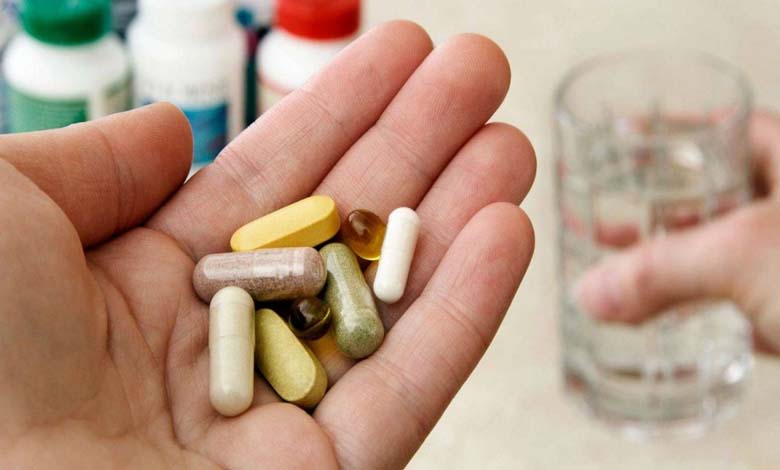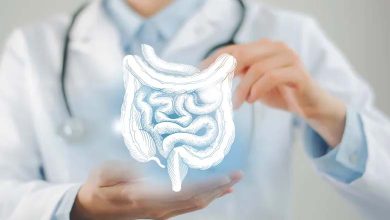Excessive vitamin intake threatens liver health

Vitamins are widely regarded as essential allies in maintaining health and preventing disease. They play a vital role in many bodily functions, including immunity, metabolism, cell growth, vision, and bone strength. However, like all nutrients, vitamins must be consumed in appropriate amounts. When taken in excess—especially in supplement form—vitamins can become silent threats, posing risks to vital organs, especially the liver.
-
Medical Warnings About Turmeric Supplements: An Underestimated Threat to Liver Health
-
Are Electric Shock Sensations a Sign of Vitamin B12 Deficiency?
The liver is the body’s main metabolic organ. It filters the blood, stores nutrients, breaks down toxins, and supports numerous essential functions. It is also responsible for processing and storing fat-soluble vitamins, such as A, D, E, and K. Unlike water-soluble vitamins (such as vitamin C and B vitamins), which are excreted in the urine when consumed in excess, fat-soluble vitamins accumulate in body tissues—especially in the liver.
Overconsumption of these vitamins can lead to hypervitaminosis, a potentially toxic condition. For example, excess vitamin A intake can cause hepatotoxicity, resulting in abdominal pain, chronic fatigue, jaundice, nausea, and, in severe cases, liver fibrosis or cirrhosis. Clinical studies have shown that prolonged high-dose intake of vitamin A supplements can cause irreversible liver damage.
-
Vitamin D or Fish Oil – Which One Is Better for Your Health?
-
The Truth about Magnesium Supplements: Health Miracle or Overhyped Trend?
Vitamin D, once praised as a miracle vitamin, also presents risks when consumed excessively. Over-supplementation can lead to calcium build-up in the blood, causing kidney stones, digestive problems, and damage to the liver and kidneys. Similarly, too much vitamin E can lead to coagulation disorders and increase the risk of bleeding, while high doses of vitamin K may interfere with anticoagulant treatments.
Moreover, some multivitamin supplements contain excessively high doses, far beyond recommended daily intakes—especially those marketed as energy boosters or immune enhancers. Taking such supplements without medical supervision is a real risk, particularly when combined with other active substances, such as herbal extracts or stimulants.
-
How Does Stopping Meat Consumption Affect Your Health?
-
3 Foods That Reduce the Risk of Heart Disease and Promote Gut Health
Certain groups are especially vulnerable to the toxic effects of excess vitamins, including individuals with chronic liver disease, the elderly, or those on long-term medication. In these cases, the liver may already be overburdened and unable to manage the surplus nutrients effectively.
To avoid such risks, health experts recommend prioritizing a balanced diet, rich in fruits, vegetables, whole grains, lean proteins, and natural sources of micronutrients. Supplements should only be used when a diagnosed deficiency is present, confirmed by blood tests, and under medical guidance.
-
Plastic in Our Plates: Foods Becoming a Health Threat
-
5 mistakes not to make to keep your brain healthy
In conclusion, while vitamins are essential for health, overconsumption—often underestimated—can be harmful, particularly to the liver. Self-medication, even with seemingly “natural” products, carries serious health risks. A reasoned, informed approach and consultation with healthcare professionals before starting any supplement regimen are crucial steps to protect the liver and overall well-being.
-
Understanding Vitamin B and Its Dietary Sources
-
4 Foods That Boost Vitamin D Production in the Body
-
Vitamin E deficiency: Here are 4 eye-opening signs!
-
4 Reasons to consume vitamins during the winter season
-
Vitamin C is magic! How It Heals a Variety of Health Problems
-
11 Foods to eat to get your Vitamin D this Winter
-
Vitamin D Deficiency: beware, real danger!
-
Vitamin C – A miracle cure for the common cold












